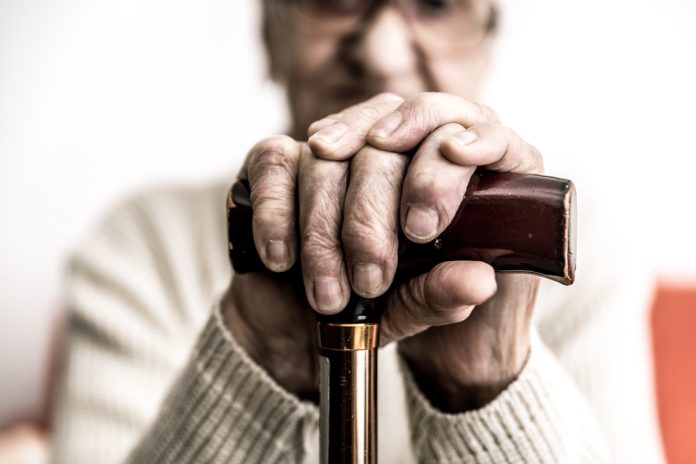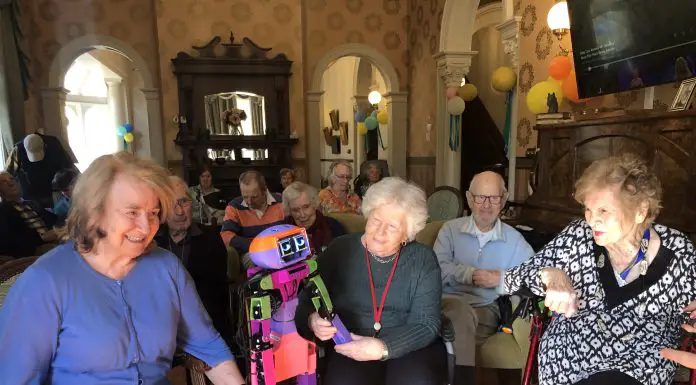The latest report from UnitingCare, the ‘Year in Review’, has raised the alarm on the growing problem of elder abuse in Queensland. According to the report, the Elder Abuse Prevention Unit (EAPU) Helpline received 2,338 abuse notification calls in the 2021-2022 financial year, which is a 15.6% increase compared to the previous year. The report also highlights the devastating effects of elder abuse, with victims often facing psychological distress, deterioration in their health, and financial consequences.
The most common forms of abuse reported were psychological (76.6%), financial (62.1%), and social abuse (27.8%). In 68.7% of the cases, victims reported experiencing multiple types of abuse simultaneously. In close to two-thirds of cases (65.5%), victims and perpetrators were living together, with the number of cohabitation cases increasing by 74.2% over the past four years. The report attributes the trend to the housing shortage, higher interest rates, and other costs of living pressures.
This latest report shows a spike in victims and perpetrators cohabitating as people move back home to live with elderly family”
Seniors Minister Craig Crawford
The report also shows that ageism was identified in almost one-third of cases, while a sense of entitlement to an older relative’s assets was identified in close to half of elder abuse cases (44.2%). In 95% of cases, the abuse occurred within family relationships.
Seniors Minister Craig Crawford said that many instances of elder abuse involve family or someone they know and trust. He added that the increase in reported cases is due to the success of awareness campaigns and that it is vital that elders live safely, with dignity and respect.
Luke Lindsay, General Manager of UnitingCare’s Wellbeing Services, said that elder abuse is a complex social issue that affects the entire community. He added that in order for real change to occur, we need to address the individual, relational, community, and societal factors that put older people at risk.
The report notes that more victims are becoming homeless or have already experienced homelessness because of the abuse, and highlights the need for longer-term solutions to this issue, including access to safe, accessible, and affordable housing for victims of elder abuse.
The EAPU Helpline is a free support service available to anyone who may be experiencing elder abuse or has concerns about an elder person contact the Elder Abuse Helpline on 1300 651 192 or visit eapu.com.au.
The full 2021-2022 ‘Year in Review’ report can be viewed here.










